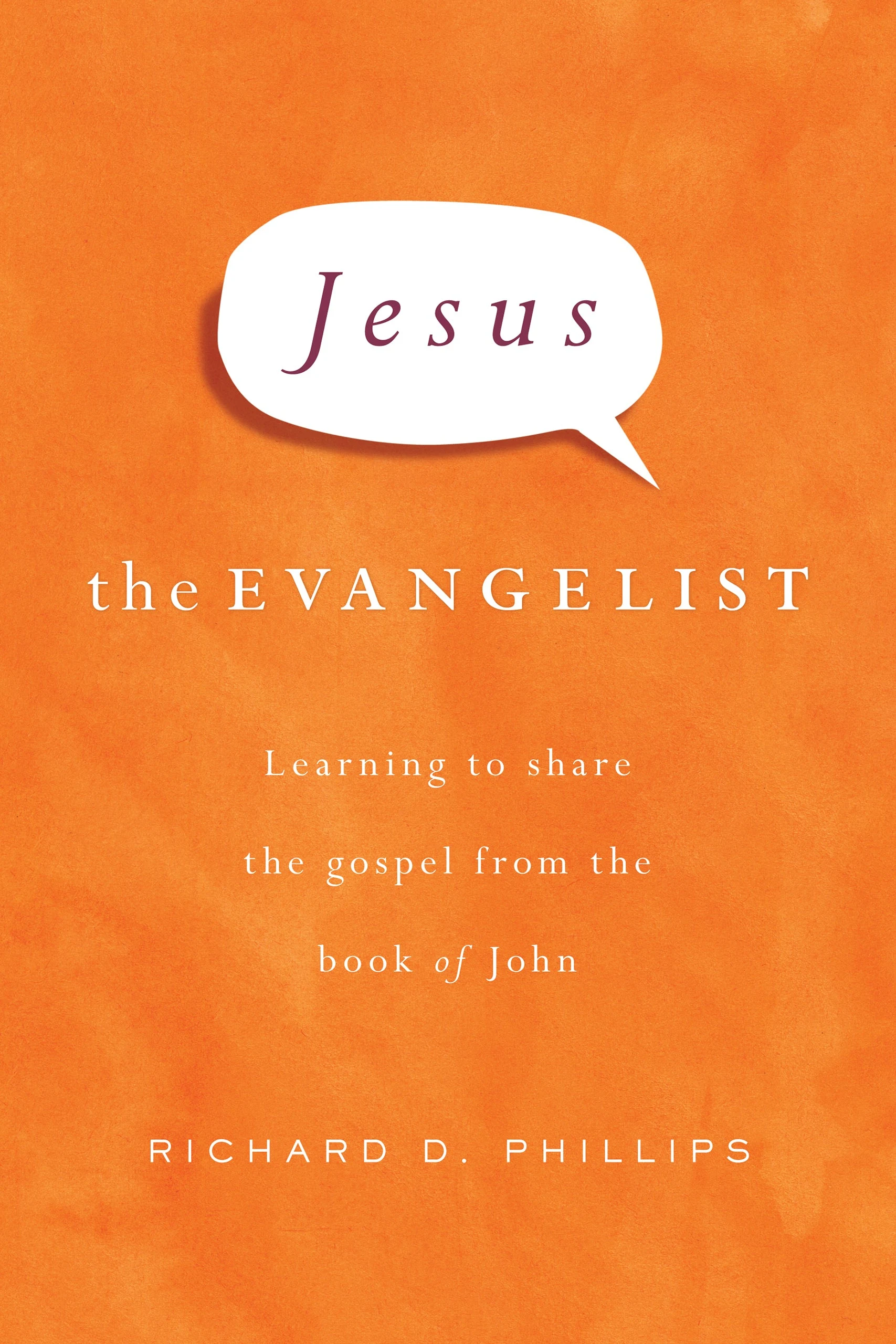Should We Use Our Personal Testimony in Evangelism?

Andrew's witness to Peter took the form of a personal testimony: "We have found the Messiah" (John 1:41). Our witness should always include a biblical explanation about Jesus, but it is also important for us to speak of our own experience with the Lord. Peter knew what Messiah meant. John tells his Greek readers that this term means "the Christ"—that is, the "Anointed One" who would come to save and lead Israel. But Andrew also shared his personal experience. Alexander Maclaren comments, "The mightiest argument that we can use, and the argument that we can all use, if we have got any religion in us at all, is that of Andrew, 'We have found the Messiah.'"
What kind of things should we tell others about Jesus? We should tell them what caused us to believe. We should tell what we have experienced in our hearts: the joy of knowing our sins are forgiven, the peace that comes through the Holy Spirit, the love we feel as children of God, and the excitement of seeing the truth with new eyes. If you have a good doctor, you tell your friends that they should see him when they are sick. Are your friends not sick in their souls? If you find a store with a great sale, you call your family members and friends to let them know. But here are blessings that money cannot buy—blessings that are, in fact, available to all by God's free gift of grace—and that never perish or fade. We should tell people what it has meant to us to turn away from sins that had dragged us down for so long, and to have a power within that enables us to walk in faith with God.
A personal testimony does not replace a biblical proclamation about Jesus, but it is an important complement
A personal testimony does not replace a biblical proclamation about Jesus, but it is an important complement. And it requires that we have a close relationship with the Lord. If we are not excited about God's Word, if we are not warmed by close fellowship with God, and if we are not humbled by Christ's suffering on the cross for our sins, we will not be very effective witnesses. Yet it is essential that we be able to give such a witness. John MacArthur is right when he says:
Most people do not come to Christ as an immediate response to a sermon they hear in a crowded setting. They come to Christ because of the influence of an individual…. In the overwhelming majority of [new believers' testimonies], they tell us they came to Christ primarily because of the testimony of a coworker, a neighbor, a relative, or a friend…. There's no question that the most effective means for bringing people to Christ is one at a time, on an individual basis.
Between these two brothers—Peter and Andrew—we see the two main kinds of witnesses God provides in the church: the public preaching of the Word and the personal testimony of individual Christians. Every church needs a Peter who will preach the gospel publicly, and God greatly uses faithful preaching. Peter's sermon at Pentecost, when three thousand people believed on Christ, is one such example. But as important as preaching is, it is at least as necessary that a church have a legion of Andrews: those who bring people to Jesus one by one through their heartfelt testimonies.


